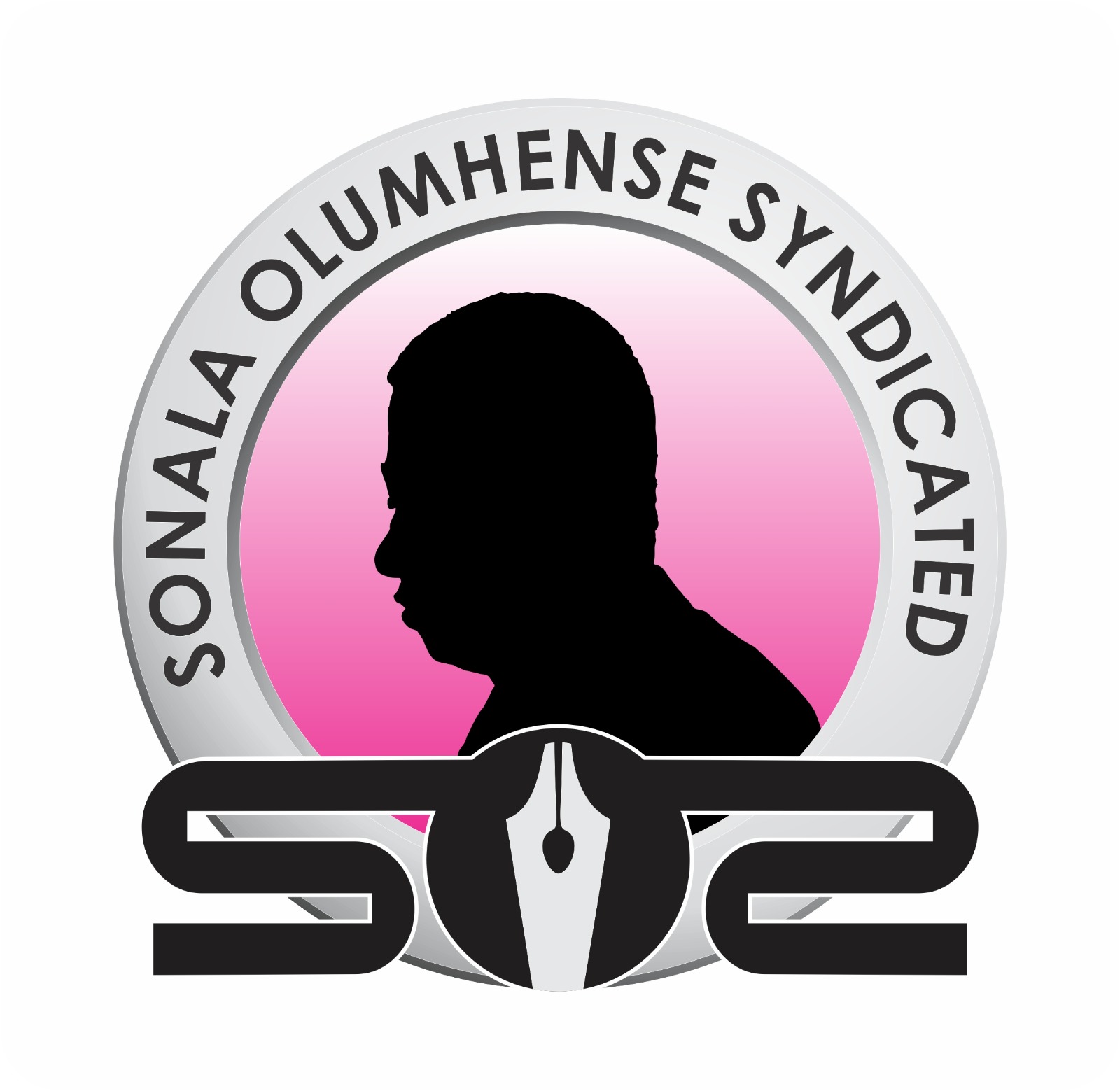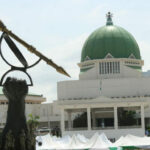Last Thursday, the Supreme Court of Nigeria did what most Nigerians expected it to: it affirmed the election of Bola Ahmed Tinubu as president.
Part of the ruling was due to the limitations and weaknesses in his opponent’s cases as presented to the court, and the other part to the stunted growth of Nigeria as a democracy.
The latter saw the so-called ‘independent’ electoral umpire, having bungled the February 25 election as it had itself defined it, wake up at 4am on March 1 to announce the verdict. Like the electoral commission, the Supreme Court was always going to serve a cause that it deemed the highest.
In Nigeria, that cause is often different from the best interest of the people, and in Nigerian judiciary, the cause and consequence are the same: a stunted democracy provides stunted justice, and stunted justice promotes a stunted democracy.
The problem with the court’s affirmation of Mr. Tinubu’s “victory” is that the matter had spiraled beyond an election into far broader and more fundamental questions.
Among them: Who is Tinubu and why is he routinely a question within a question?
The new Nigeria leader has not once addressed these questions, most of which have flared up around his political career, but particularly around his quest for the presidency. This summer, many of them exploded in the United States concerning whether he was ever a student at Chicago State University (CSU), and whether, if he was, how he had obtained his admission and whether he graduated.
While Mr. Tinubu appeared to have been confident that he had answers to some of those questions, he was scared to death of at least one. He begged the United States District Court for the Northern District of Illinois to protect him as “severe and irreparable harm” would be inflicted upon him should his CSU records be revealed.
Those records were eventually released, but the key element which scared Mr. Tinubu into sleeplessness somehow appears to have escaped those records and remains known to the man himself. The 2,500 documents that the FBI is expected to release on Mr. Tinubu beginning with 500 in the next 48 hours, are the next frontier.
What this all underlines is that although Mr. Tinubu appears to have triumphed over Nigerian institutions in his quest for the presidency, the character questions which have beset him since 1999 will continue to deny him any credibility. Worse still, Nuhu Ribadu, the pioneer chairman of the Economic and Financial Crimes Commission’s (EFCC) 2006 description of Tinubu’s corruption as being “of an international dimension” appears to have come full circle.
More troubling is that at home, he will wield power behind nods and winks, even among his own appointees. He cannot speak as a man to be believed or trusted, and the harder his speechwriters work to make him sound authoritative, the hollower and more contrived he is going to sound.
Still, he now holds the title of president, with the fate of the Nigerian people in his hands. The easy answer would be to give up and watch him collapse on the job, just like his pretentious anti-corruption predecessor. But the loser would be Nigeria, not its president, nor his party, nor his supporters.
The answer is to take this moment to nurture a genuine political opposition. By this, I mean a political alternative that is motivated and organized. A diligent alternative with vision and energy and a clear philosophy.
An alternative that can work in between—not simply at—elections. An alternative which sees not simply the danger of the systematic desecration of offices and institutions, but opportunity in their negative marketing. An alternative which accepts the responsibility of membership-recruitment and training. An alternative which sees the vast estates of Nigeria’s disaffected and hungry as an answer, not a question.
Speaking of alternatives, I am glad to welcome to the leadership of the EFCC, Mr Ola Olukoyede.
Assuming duty last week, he directed all members of staff to declare their assets in line with the law and standard international practice, announcing that he had done so already.
“All of us are going to declare our assets; from Level 17, downward,” he said. “I did mine, so there’s no reason for anyone to be afraid to do the same…We will declare our assets, and we are going to investigate them. “We must live above board by setting the pace with good examples. As anti-corruption fighters, our hands must be clean, so we must declare our assets.”
I applaud Mr. Olukoyede for this expression of principle. He inherits a troubled portfolio. In a country riddled with the bullets of corruption, it is no surprise that no EFCC leader has left office without controversy.
Since 2008, I have often openly asked for the annual report that is required by the law; EFCC chairman often flee in the other direction. In 2021, I called the agency the Economic and Financial Crimes Collusion.
Will the Olukoyede EFCC be different? At his confirmation, Senate President Godswill Akpabio—a man I cited last June in support of the argument that Nigeria is now scrubbing out character, a man the EFCC has been trying to prosecute and the first picture in Premium Times’ August 2022 Special Report on “11 forgotten cases of alleged corruption by former Nigerian state governors,”—asked Mr. Olukoyede not to use his name as an example of officials being investigated. Jokingly.
Next year, we will see if Mr. Olukoyede produces a report, whether it is complete and public, and what story of character it tells.
Now, how did the Muhammadu Buhari administration pull off the Nigeria Air scam? Ethiopian Airlines CEO Mesfin Tasew last week in Addis Ababa stressed that his airline had had no intention or plan to setup an airline in Nigeria, but that the Nigeria government was desperate.
“At one point, the leadership of Nigeria Air, which doesn’t include Ethiopian Airlines, asked us to bring aircraft painted with Nigerian logo to facilitate the progress of the Air Operators’ Certificate,” he said. “So, we agreed with that, we took out one of our aircraft, we painted it with Nigerian logo, we flew it, it was for demonstration by the Nigerian Civil Aviation Authority for their inspection.
Finally, Time always tells, does it not? Former Transportation Minister Rotimi Amaechi has rated Nigerian leaders on his “nationalism” scale.
“The only person near that point of nationalism, with all due respect, is ex-President Olusegun Obasanjo,” he declared at a public lecture. “The rest are ethnic leaders.”
He described a “truly remarkable” national leadership as “the ability of a leader to galvanize the totality of a nation around a common national banner with a vision and a sense of mission.”
Many Nigerian leaders, he said, are in the corridors of power for the interest of their ethnic groups, and the identity of Nigeria is tormented by ethnicity.
Remember that Amaechi had in 2019 described Buhari’s Nigeria as a nation where “everybody is crying.” He then lost the job of Director-General of Buhari’s re-election campaign…to Tinubu. His history lesson about these two APC leaders should be preserved.
Yes, a new Nigeria is possible. But it is not inevitable.

 Join Daily Trust WhatsApp Community For Quick Access To News and Happenings Around You.
Join Daily Trust WhatsApp Community For Quick Access To News and Happenings Around You.
